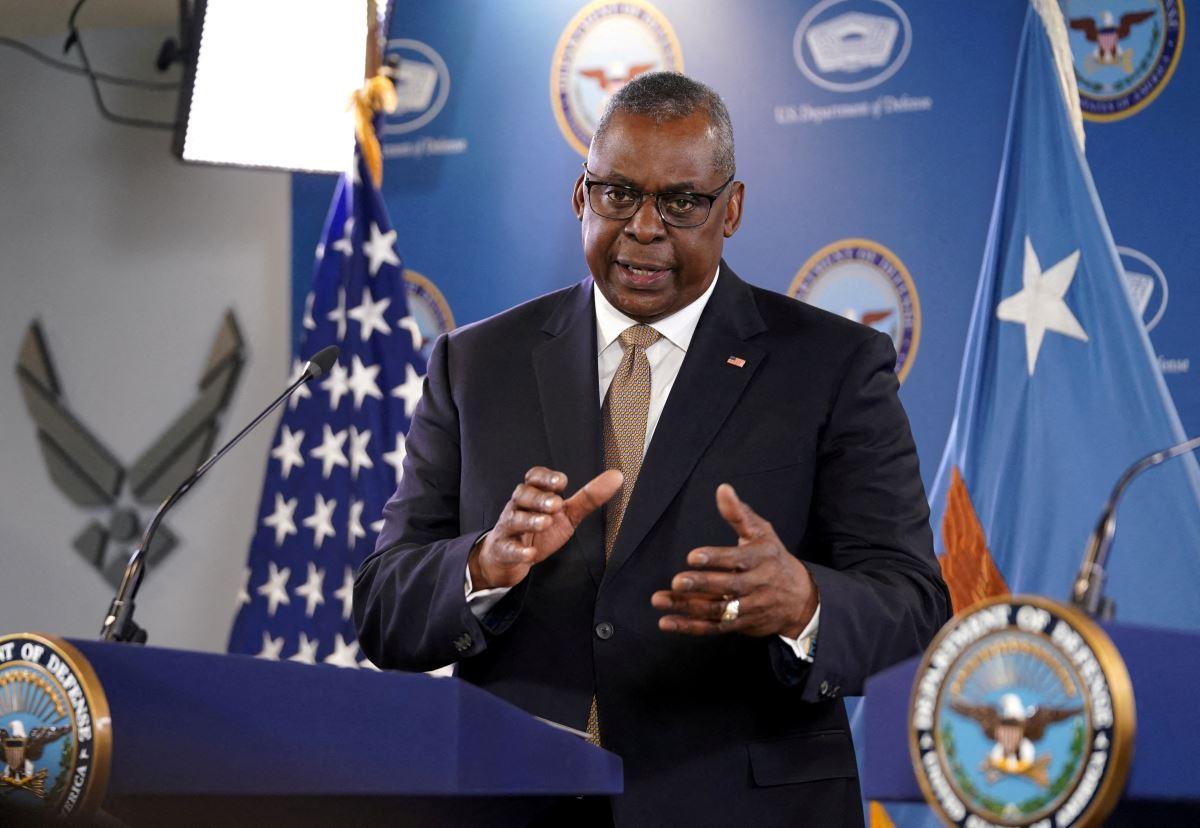US defense secretary scraps South Korea trip after martial law attempt

WASHINGTON - U.S. Defense Secretary Lloyd Austin no longer plans to travel to South Korea, two U.S. officials told Reuters on Thursday, following South Korean President Yoon Suk Yeol's botched attempt this week to impose martial law.
One official, speaking on condition of anonymity, said planning had been underway for a trip in the near term but it was determined now was not the appropriate time.
The official said South Korea had been consulted regarding the change in travel plans.
Austin will leave office by Jan. 20, when President-elect Donald Trump is inaugurated.
Yoon's declaration of martial law late on Tuesday sought to consolidate power, ban political activity and censor the media.
It sparked outrage in the streets and concern among South Korea's international allies.
South Korea's defense minister, who recommended the move, has resigned.
Fighting for his political future, Yoon accepted the resignation of Defense Minister Kim Yong-hyun on Thursday and nominated his ambassador to Saudi Arabia, Choi Byung-hyuk, as a replacement.
Kim had recommended Yoon declare martial law on Tuesday, according to the interior minister, a senior military official and the opposition's filing to impeach Yoon.
The United States has 28,500 troops stationed in South Korea as a legacy of the 1950-1953 Korean War.
The commander of U.S. Forces-Korea, General Paul LaCamera, warned American troops in a statement on Wednesday to stay vigilant, avoid areas with protests, and tell superiors of travel plans in case "something unexpected" happens.
Austin's trip to South Korea would have come at an important geopolitical moment in the region.
U.S. and South Korean officials say more than 10,000 North Korean troops have been deployed to Russia's Kursk region to take part in pushing back Ukrainian forces.
North Korean leader Kim Jong Un met Russia's defense minister last month and pledged to expand ties with Moscow in all areas, including military affairs, under the comprehensive strategic partnership he signed with Russian President Vladimir Putin in June, which includes a mutual defense agreement, North Korean state media said.
Moscow and Pyongyang have dramatically advanced ties since their leaders held a summit in September last year in Russia, and the North has since shipped more than 10,000 containers of ammunition, as well as self-propelled howitzers and multiple rocket launchers, according to South Korea's spy agency. — Reuters




